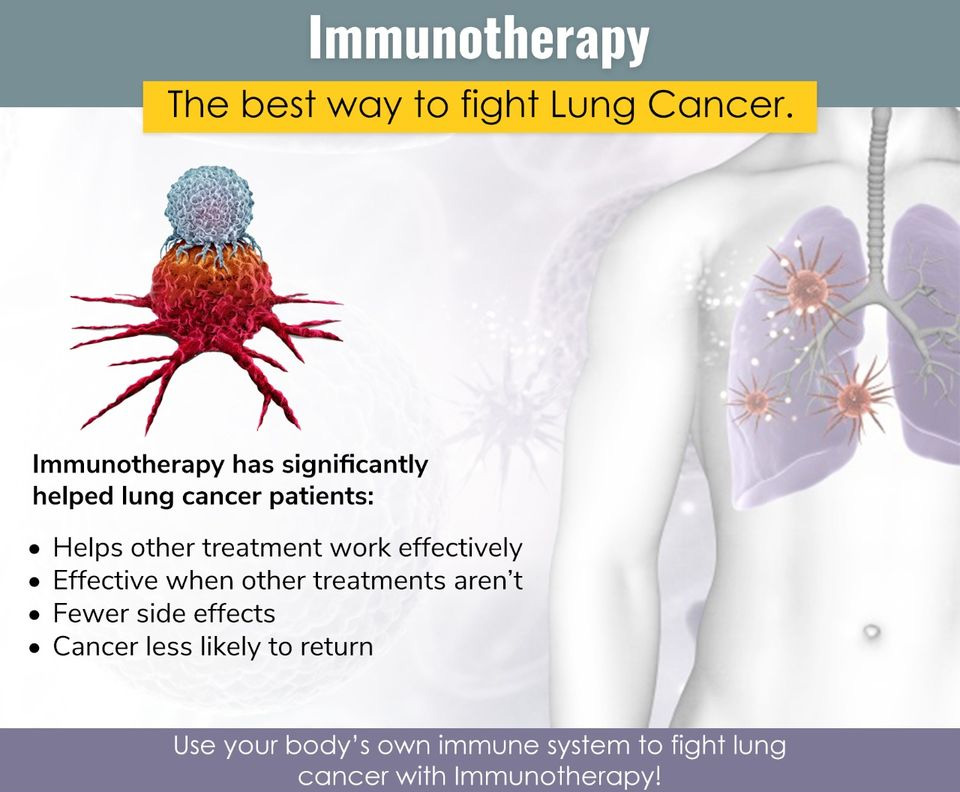
Dr. Waseem Abbas
Cancer Treatment Specialist
Director Research, Max Hospital, Shalimar Bagh
How to contact me
Max Superciality Hospital, FC 50, C and D Block, Shalimar Place Site, Shalimar Bagh, New Delhi, Delhi 110088
Phone: +91 98112 42729
Email: drabbasdoc@gmail.com
Search this website
Common Cancers in India
Get a free E-consultation about lung cancer immunotherapy in Delhi
Lung Cancer Immunotherapy in Delhi, India
| Patient Education and Resources
Lung cancer is a disease in which abnormal cells grow from the normal epithelium of the lung and spread to other parts of the lung or other organs. When lung cancer spreads to other organs or contralateral lung they are called metastasis.
Why is Lung cancer a dreadful disease?
Lung cancer is a very aggressive cancer where 60% of patients do present with stage 4 disease because lung cancer cells grow rapidly and spread fast in other parts of the body.
Types of Lung cancer?
Common types of lung cancer are-
A, Small cell lung cancer
B, Non-small cell lung cancer
How is lung cancer diagnosed?
A, Imaging which includes Chest X-Ray, CT Scan or PET-CT Whole body which gives us information about staging.
B, Biopsy- Different ways to do biopsy depending on feasibility
- CT Guided.
- Bronchoscopy.
- EBUS-Endobronchial ultrasound-guided.
How to stage Lung cancer?
- Stage I Lung cancer– Treated with surgery in most of the patients with 80% cure rates
- Stage II Lung cancer-Treatment of choice is surgery for this stage also unless patients general condition is poor where options of Radiation and SBRT can be considered. Cure rates are 50% for this stage.
- Stage III lung cancer-Stage 3 lung cancers are treated with radiation and chemotherapy (CCRT) followed by Immunotherapy for 1 year.
- Stage IV ling cancer-Is broadly divided into 2 categories:
A, Driver mutation-negative Lung cancer-Disease can be controlled by targeted therapy. More and more drugs including newer and better-targeted drugs are now available and these drugs can control the disease for some time.
B, Driver mutation-positive lung cancer –If we go a decade back, chemotherapy was the only option and survival for such patients was 1 year but now with the advent of Immunotherapy treatment of stage 4 lung cancer has changed and we see long term survivors which were never seen before.
Lung cancer is not a single disease or entity so we need multidisciplinary management which consists of Medical oncologists, Radiation oncologists, and surgical oncologists.
By giving more chemotherapy to patients does not increase survival. We need to look at biomarkers that can guide us and predict response to a particular treatment.
Types of Treatment for Lung cancer?
Lung cancer is treated in several ways, depending on the type of lung cancer and how far it has spread. People with non-small cell lung cancer can be treated with surgery, chemotherapy, radiation therapy, targeted therapy, or a combination of these treatments. People with small cell lung cancer are usually treated with radiation therapy and chemotherapy.
Surgery. An operation where doctors cut out cancer tissue.
Chemotherapy. Using special medicines to shrink or kill cancer. The drugs can be pills you take or medicines given in your veins, or sometimes both.
Radiation therapy. Using high-energy rays (similar to X-rays) to kill cancer.
Targeted therapy. Using drugs to block the growth and spread of cancer cells. The drugs can be pills you take or medicines given in your veins.
Doctors from different specialties often work together to treat lung cancer. Pulmonologists are doctors who are experts in diseases of the lungs. Surgeons are doctors who perform operations. Thoracic surgeons specialize in chest, heart, and lung surgery. Medical oncologists are doctors who treat cancer with medicines. Radiation oncologists are doctors who treat cancers with radiation.
What has changed in recent years?
- Better targeted therapies.
- Better supportive care.
- Immunotherapy.
- Better diagnostic modalities.
What is immunotherapy and how does it work in Lung cancer?
Click here to know more
We know cancer cells find a way to trick immune cells into thinking that they are normal cells. This allows them to grow and spread. Immunotherapy activates the body’s own immune system and helps immune cells to recognize the cancer cells and kills them.

How to make treatment decisions for the treatment of Lung cancer?
It is very important to discuss all the treatment options and side effects with the family. Not only that very important is expectations from the treatment, changes, and percentage of survival. How many years the patient will live and what is the cost? Possibilities that patients might not respond to treatment. Quality of life as well.
As already said Lung cancer is a dreadful disease and most of the patients do present with stage 4 disease (60%) and the survival for such patients remain poor and only a few patients do survive 2 years. But now things are changing with better drugs and better expertise. We have seen our patients surviving more than 2 years.
If driver mutation is present in patients of metastatic lung cancer, the patient can take oral tablets (targeted therapy) for a couple of years and when the disease starts progressing, can be started on chemotherapy. This results in better survival. Different next-generation oral tablets are in pipeline which will again result in better survival.
Immunotherapy has really changed the way how we look at lung cancer treatment. Now patients live longer and the first time we have seen some patients surviving five years provided treatment is chosen wisely and through the multi-disciplinary approach.
A multi-disciplinary approach is very important so that we do not miss on minute details. It tells us what is best for the patient of lung cancer and where surgery is indicated, where radiation is indicated, and where chemotherapy or immunotherapy is indicated
